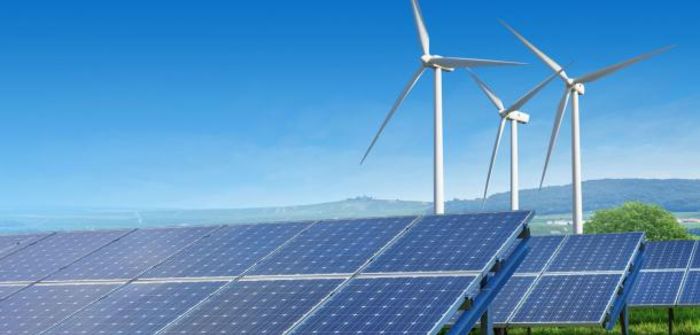The World Meteorological Organization (WMO) and the secretariat of the UN Framework Convention for Climate Change have signed agreements with the Global Energy Interconnection Development and Cooperation Organization (GEIDCO) to promote efficient, resilient and renewable energy generation and use.
The agreement will enable WMO to expand the provision of climate services for energy as a contribution to the implementation of the Global Framework for Climate Services. The occasion for the signing was the release of several reports at COP25 focused on implementation of renewable energy systems on a scale and scope sufficient to achieve the temperature target of the Paris Agreement.
GEIDCO is an international organization, based in China, dedicated to promoting the establishment of a Global Energy Interconnection (GEI) system. GEI is an innovative energy transition concept for promoting the large-scale development, allocation and use of clean energy in the world by adopting advanced technologies such as smart grid, Ultra High Voltage (UHV) power transmission, clean energy, and energy storage.
According to WMO secretary-general Petteri Taalas renewable energy currently only accounts for 15% of total consumption. “There is really a need for energy consumption to become carbon neutral,” Taalas said. “If you want an energy system based on solar or wind energy, you need good weather and climate forecasts and information. You have to know current and future climate conditions to get the best out of renewable energy systems.”
WMO will work with GEIDCO to select potential sites globally for large-scale renewable energy systems; to analyze the impact of weather, climate variability, and climate change on renewable energy resources; to carry out pre-feasibility studies for clean energy systems with high potential for implementation investment; and to assess the risks to power-generation infrastructure under climate extremes.



